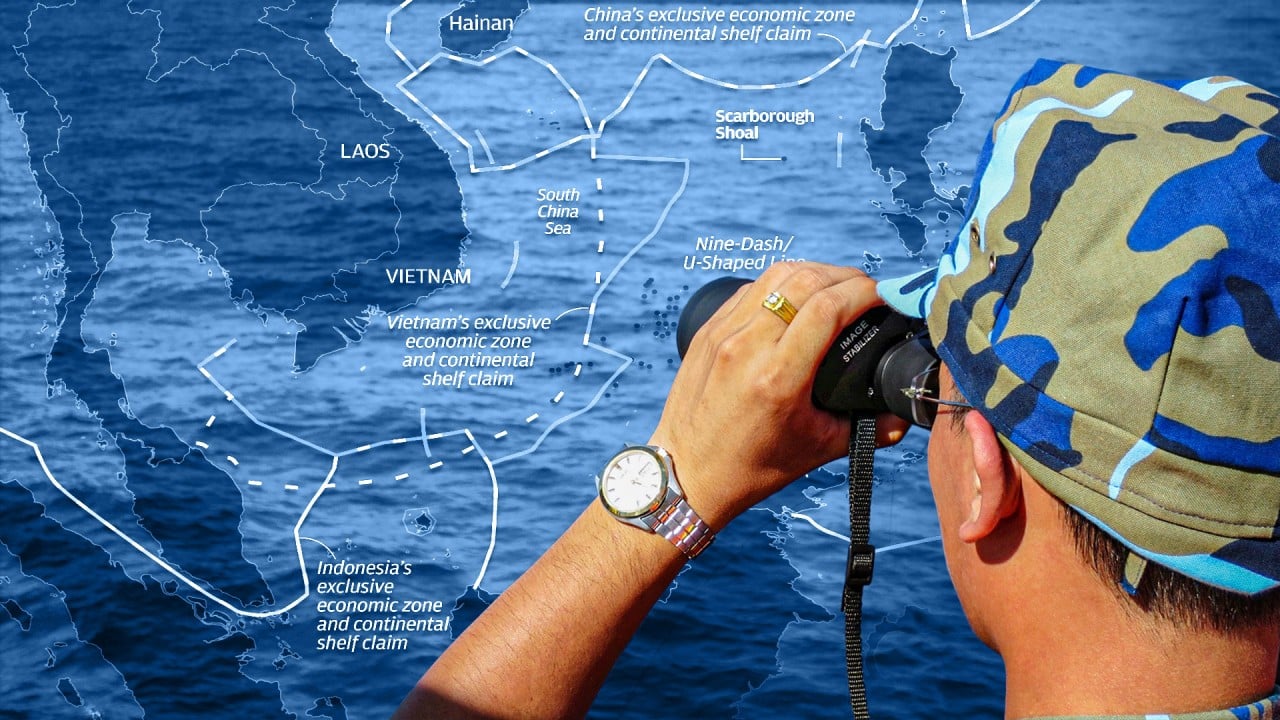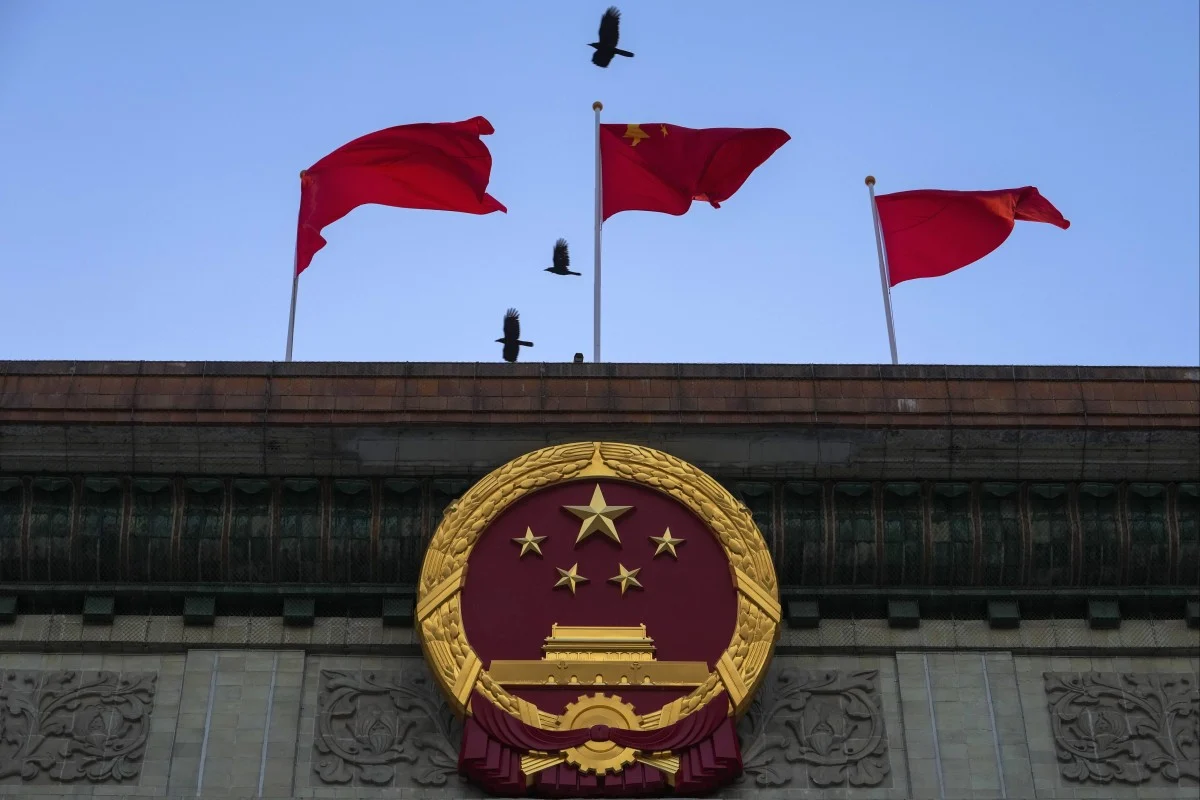China has pledged to step up its efforts to shape and influence international law in line with its own strategic interests.
The party committee of the Ministry of Foreign Affairs argued in a recent article that legal frameworks are the “new battlegrounds for international competition”.
The struggle for global influence is now being waged on the terrain of “systems, rules, and laws”, and rules-based governance has emerged as a crucial component of China’s core competitiveness, according to the article, published in the Communist Party’s theoretical journal Qiushi.
“We aim to enhance participation in every stage of international rule-making, from setting, interpreting, and applying those rules, and to ensure that Chinese practices influence the evolution of international law,” it wrote.
“By doing so, we will more effectively integrate our ideas and interests into global regulations.”
The article singled out outer space, cyberspace, digital technology and artificial intelligence as emerging fields for China to shape global governance rules.
Zheng Zhihua, a research associate professor at Shanghai Jiao Tong University, said Beijing’s quest for stepping up foreign-related legal work is also driven by the need to “strengthen its soft power” and “international discourse power”.
Every Saturday
A weekly curated round-up of social, political and economic stories from China and how they impact the world.
By submitting, you consent to receiving marketing emails from SCMP. If you don’t want these, tick here
GET OUR NEWSLETTER
By registering, you agree to ourT&CandPrivacy Policy
Zheng noted that Beijing views the existing international framework as imperfect because some countries are not properly represented in the rule-making process while the established Western powers retain a dominant role.
“Given this context, China believes it is imperative to advance the democratisation of international relations. This would allow the rules to become more equitable and better incorporate the interests and demands of the vast developing countries,” he said.
The article said: “China strives to promote the fair and universal interpretation and application of international law, oppose the selective application and double standards of some countries, and respect the right of parties to choose their dispute resolution methods.”
Beijing has long aimed to beef up legal tools to counter US sanctions and what it calls “long-arm jurisdiction” – its term for Washington applying its domestic laws internationally – and the urgency has only been heightened in recent years as the competition between the two countries heats up.
“China rejects the imposition of a single legal system on other countries and the use of so-called ‘rules-based’ rhetoric to foster confrontation and division, as well as the promotion of Western superiority,” the article said.

05:22
Why the South China Sea dispute remains one of the region’s most pressing issues
Why the South China Sea dispute remains one of the region’s most pressing issues
In the past four years, China has passed several laws to counter this and expand the reach of Chinese courts.
This is in line with previous comments by President Xi Jinping, who has called for a “sword and shield” approach that uses “legal tools in international struggles”.
Two years ago he said the priorities should include developing a legal system for the extraterritorial application of Chinese law and expanding the “security chain” that safeguards China’s overseas interests.
This year’s Foreign State Immunity Law will allow some cases to be brought against foreign countries in Chinese courts for the first time, while 2021’s Anti-Foreign Sanctions Law provides a framework for countering sanctions.
There have also been measures to protect foreign investments in China and codify foreign policy decision making, while last year’s amendments to the Civil Procedure Law grant domestic courts the power to investigate and collect evidence overseas and expand their jurisdiction over some civil cases.
Zheng said expanding the international reach of Chinese domestic law could increase its ability to punish foreign actors for what it sees as hostile behaviour.
He said it was a “defensive measure … rather than a proactive weapon to assert dominance in international affairs”, adding: “The intent is to defend against infringements of China’s core national interests, as opposed to initiating unilateral punitive measures.”

02:23
China passes anti-sanctions law to counter punitive action by foreign countries
China passes anti-sanctions law to counter punitive action by foreign countries
The Qiushi article also pointed to China’s involvement in recent advisory cases at the International Court of Justice and the International Tribunal for the Law of the Sea.
February’s International Court of Justice submission – related to the conflict between Israel and Hamas – was only the second time it had taken part in an oral hearing at the court.
Last year’s submission to the International Tribunal for the Law of the Sea, in a case about climate change, was its first such involvement with the body.
Zheng said this suggested China was “moving towards strengthening its judicial involvement and participation in these arenas”.


